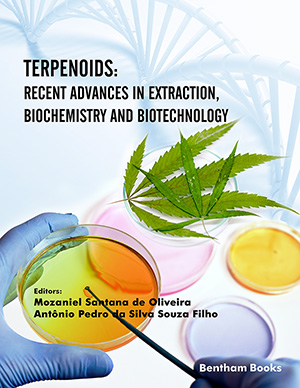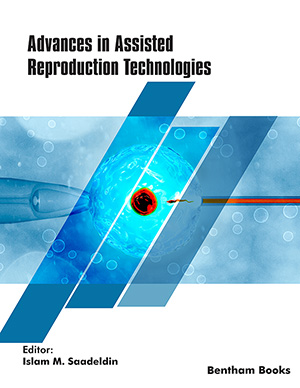
Abstract
Background: This review is intended to give an account of the knowledge about enzymatic reactions performed by brazilian marine-derived fungi. These biocatalysts can offer a range of enzymes capable to produce a large spectra of added value compounds. Screenings with varied species of marine-derived fungi presented active enzymes capable of performing the biotransformation of nitriles and epoxides, bioreduction of carbon-carbon double bonds, bioreduction of free or immobilized ketones and biohydroxylation of natural compounds.
Results: Different marine-derived fungi presented active nitrilases that catalyzed the production of acetic acid derivatives, epoxide hydrolases that were responsible for the biotransformation of glycidyl ether derivatives, enoate reductases that catalyzed the chemoselective biohydrogenation of α, β- and α, β, γ, δ- unsaturated ketones, as well as enantioselective alcohol deydrogenases (ADHs) capable of producing chiral alcohols through different processes and active oxidoreductases efficient in the regioselective hydroxylation of natural products such as terpenes.
Conclusion: These studies led to the production of compounds such as chiral alcohols, epoxides and terpene derivatives, which are of great interest due to their enantiomeric purity and applicability in different industry and academic sectors. The success of these reactions was possible due to the presence of secondary metabolites in marine-derived fungi as well the presence of different classes of active enzymes (nitrilases, epoxide hydrolases, alcoholdeydrogenases). These examples may inspire the scientific community to perform new marine-derived fungi screenings and produce enantiomerically pure compounds through the favorable environmental conditions given by these biocatalysts.
Keywords: Biocatalysis, biotransformation, marine-derived fungi, marine enzymes, chirality, bioreduction, biohydroxylation, enantiomeric purity.



























